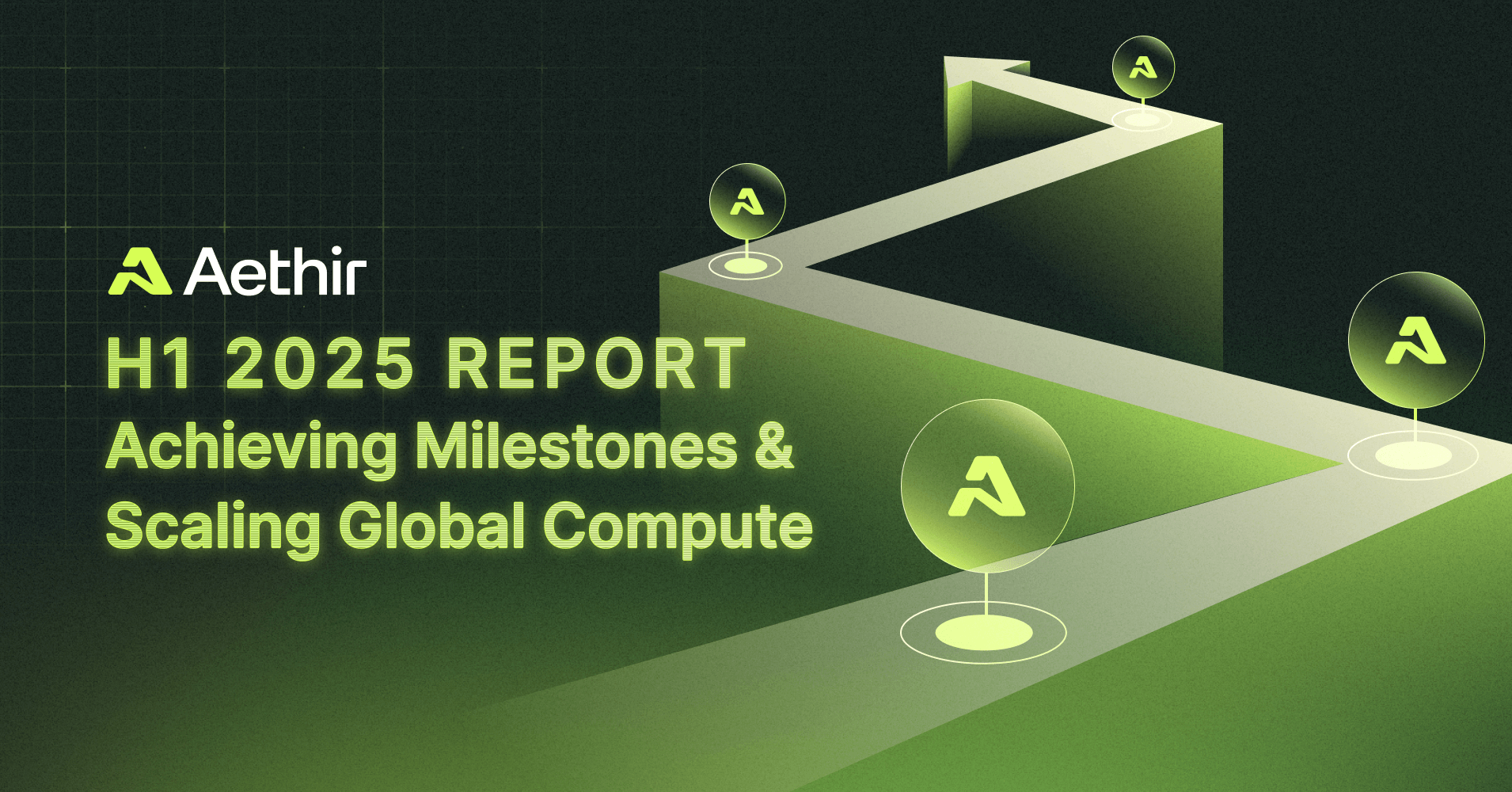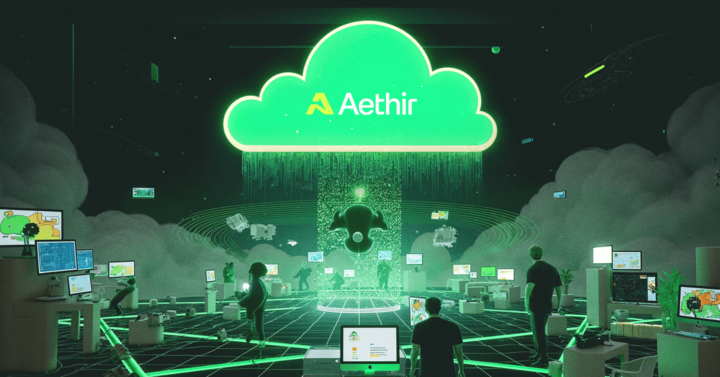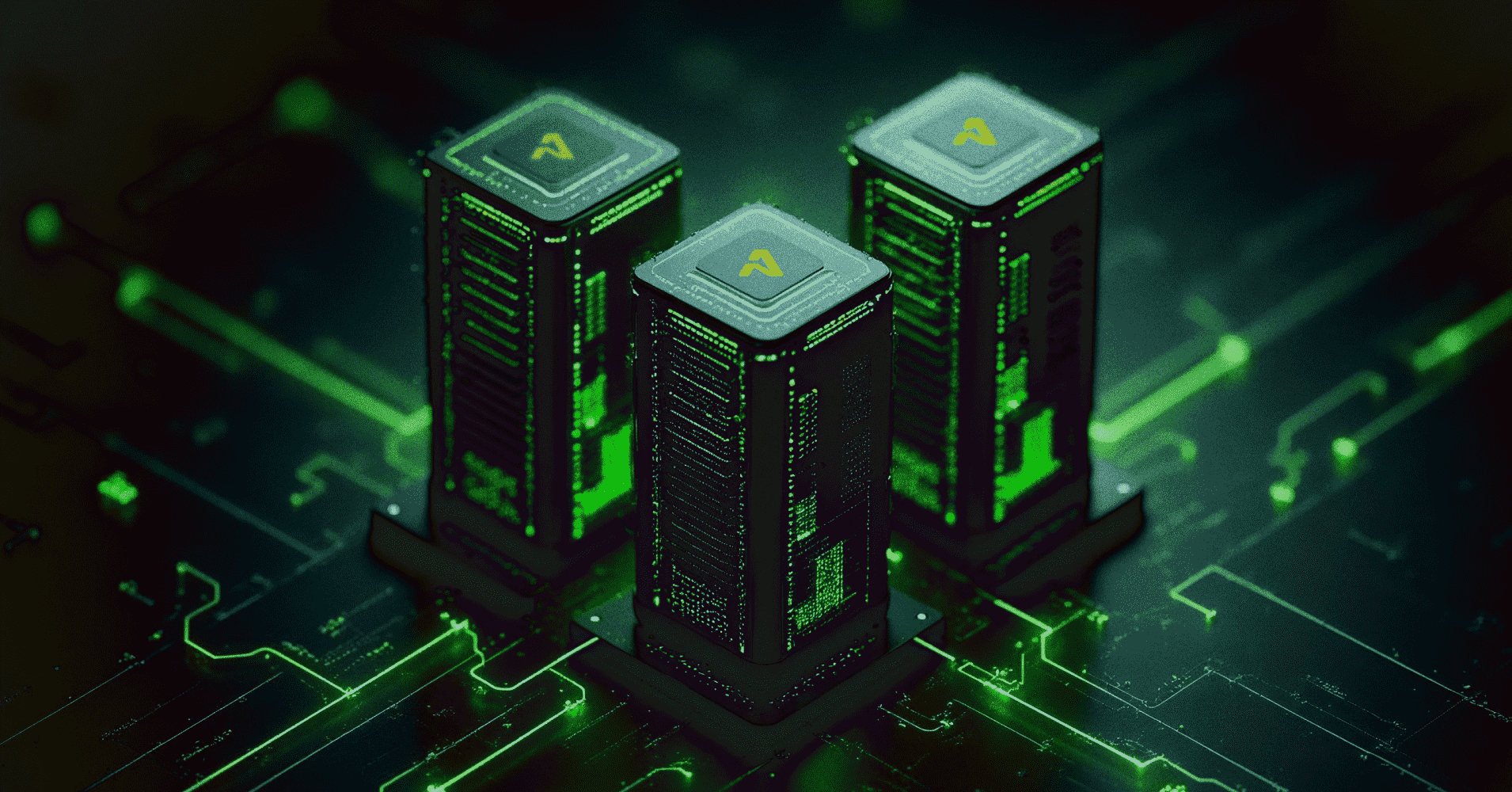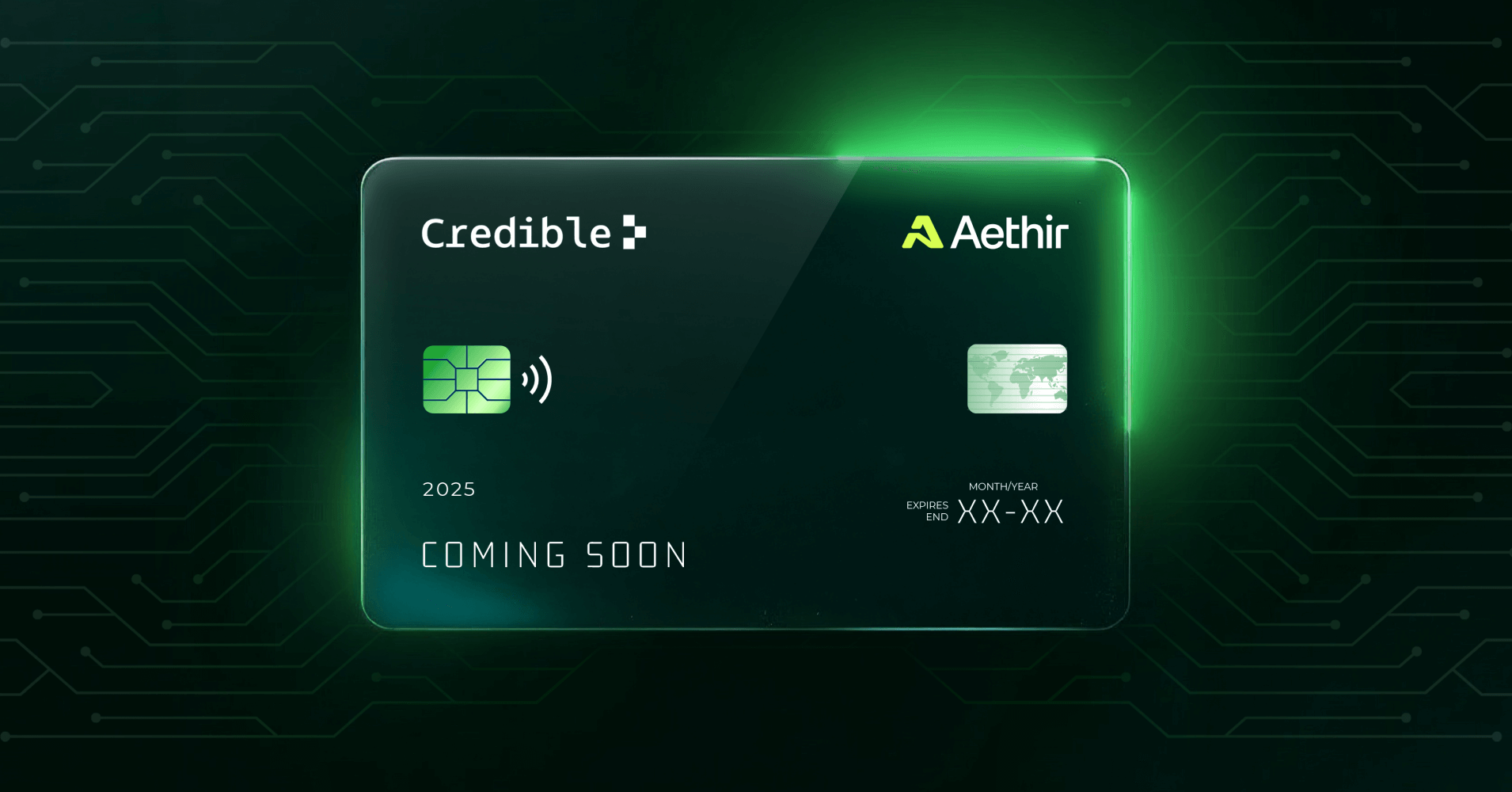A Regulatory Watershed Moment for Crypto and Web3 Enterprises
Tonight, the U.S. Senate is poised to pass the GENIUS Act—a landmark bill that formalizes the legal status of stablecoins and begins to establish a robust framework for crypto regulation in the United States. For a space long marked by regulatory uncertainty, this moment marks the beginning of a new era of legitimacy and institutional trust.
For companies like Aethir, which combine blockchain technology with enterprise-grade AI infrastructure, the implications go even further. This is a validation of everything we've built—and a catalyst for rapid growth.
The GENIUS Act: Bringing Stability to Stablecoins
The GENIUS Act (Guiding and Establishing National Innovation for U.S. Stablecoins) introduces firm requirements for the issuance, operation, and security of dollar-pegged stablecoins. Under this legislation:
- Stablecoin issuers must back tokens 1:1 with liquid, regulated assets.
- Issuers must comply with anti-money laundering (AML) and know-your-customer (KYC) standards.
- Consumers will be protected through enhanced disclosure and bankruptcy rights.
This means that for the first time, enterprises, financial institutions, and global partners can engage with stablecoins—and by extension, blockchain networks—without fear of legal grey areas.
For the Crypto Industry: From Speculation to Infrastructure
Over the past decade, the blockchain ecosystem has had periods of significant volatility and uncertainty—often overshadowing the very real technological innovation happening beneath the surface. The GENIUS Act changes that. This is a clear message from the U.S. government:
Blockchain isn’t just tolerated—it’s being structured to scale.
With legal clarity emerging, we anticipate:
- Institutional capital inflows into compliant crypto projects
- Enterprise adoption of blockchain-based services and infrastructure
- Accelerated development of decentralized finance (DeFi), tokenized infrastructure, and AI-focused DePIN networks
What This Means for Aethir: A Strategic Inflection Point
Aethir was founded on the belief that enterprise computing could be decentralized—securely, cost-effectively, and at global scale. Our GPU-as-a-Service offering provides high-performance GPU clusters for AI developers and enterprises via a smart contract-enforced, blockchain-powered ecosystem.
Here’s why this regulatory breakthrough matters to us—and to the customers we serve.
Strengthened Trust in Blockchain-Powered Infrastructure
For enterprise decision-makers, compliance is not optional—it’s foundational. With regulatory frameworks now aligning with the technologies we’ve built into Aethir from day one, we can confidently say: Decentralized infrastructure is enterprise-ready.
Our checker-node architecture, automated SLA enforcement, and token-based validator model directly reflect the type of compliance and operational transparency regulators are demanding.
Enterprise-Grade Distributed AI Compute, Now Regulation-Aligned
Aethir provides:
- Bare-metal H100, H200, and B200 GPU clusters
- Global deployment in over 25 countries
- Predictable, cost-efficient hourly pricing with zero hidden fees
Regulatory clarity means enterprises can now procure decentralized infrastructure with the same confidence they apply to traditional cloud services—but at 40–80% lower cost and with superior performance per dollar.
Utility Tokens with Purpose, Not Hype
Many digital asset projects will struggle in a regulated environment. Why? Because their tokens were built for speculation, not service delivery. Aethir’s token model, on the other hand, is built to:
- Power transactions within our network
- Enforce service guarantees via staking and smart contracts
- Incentivize high-performance node contributions from data centers and enterprises
As the market shifts toward utility-based, revenue-generating tokens, Aethir is already ahead of the curve.
What Comes Next for Crypto and Web3 Infrastructure
The GENIUS Act is only the beginning. The DAMS Act, currently under review in the U.S. House, aims to define jurisdiction between the SEC and CFTC, establish asset classifications, and lay the foundation for a fully regulated digital asset economy.
For the blockchain industry, this means:
- Greater interoperability between regulated financial systems and DePINs
- Faster enterprise onboarding of tokenized infrastructure solutions
- A stronger foundation for AI x Web3 convergence, where Aethir is already leading
Aethir’s Vision: The Future Is Regulated, Decentralized, and Scalable
We believe the future of infrastructure is borderless, permissionless, and performance-optimized. But that future also requires legal clarity and compliance.
That’s why we welcome this regulatory progress. It enables:
- Faster onboarding of Fortune 500 and government clients
- Streamlined go-to-market strategies for AI and gaming enterprises
- Institutional investment in decentralized infrastructure at scale
With no CapEx, no bandwidth fees, and hardware-agnostic GPU access across the globe, Aethir is ready to support this next phase of enterprise innovation.
Final Thought: The Rules Are Here—Now Let’s Build
Regulation does not slow innovation. It fuels it—by providing the clarity, safety, and legal assurances needed for the world’s biggest players to commit.
Aethir operates at the cutting edge of AI, blockchain, and enterprise computing. The launch of GENIUS marks a significant leap forward in regulated digital infrastructure, redefining distributed GPU-as-a-Service as an essential solution, not just an alternative.
It’s the standard.
Discover Aethir’s Enterprise GPU Solutions
📩 Email Us: enterprisesales@aethir.com
🌐 Website: enterprise.aethir.com






